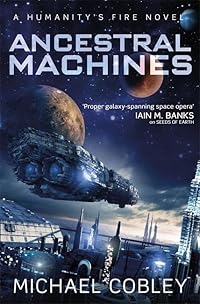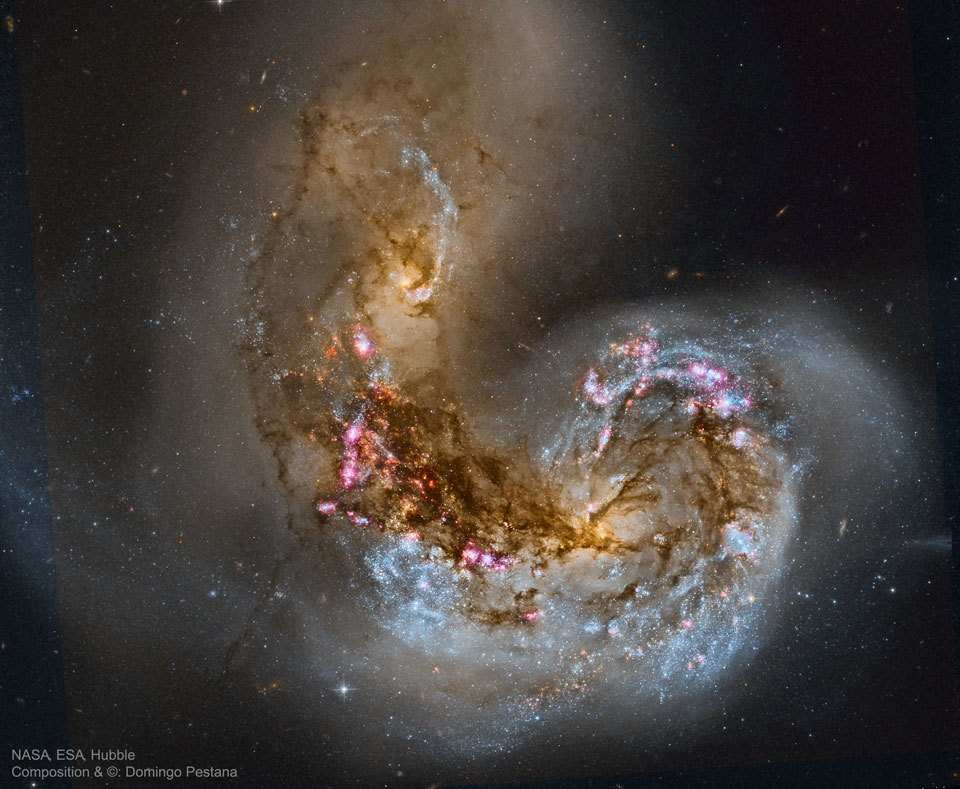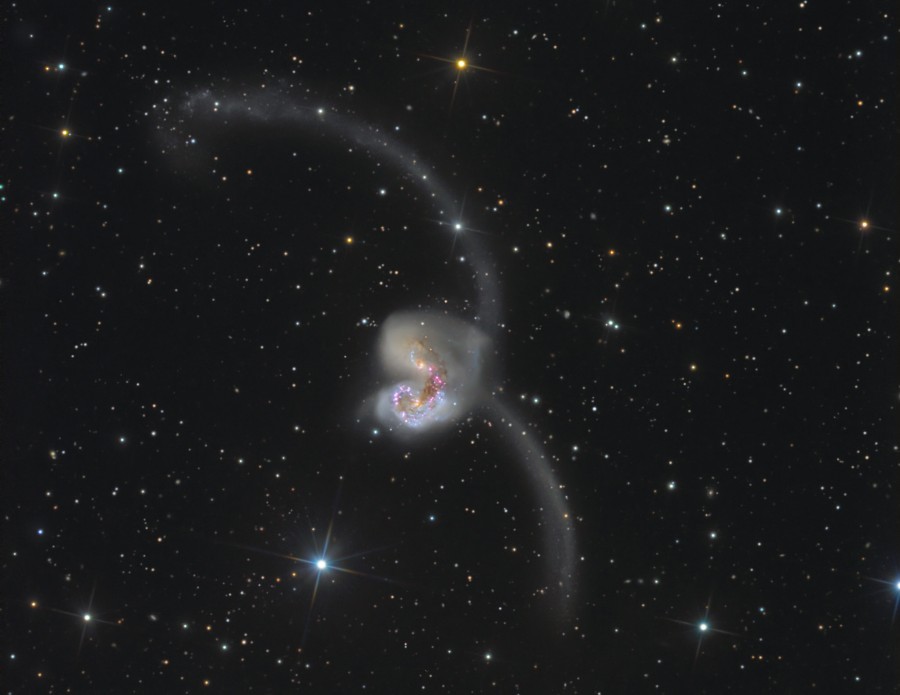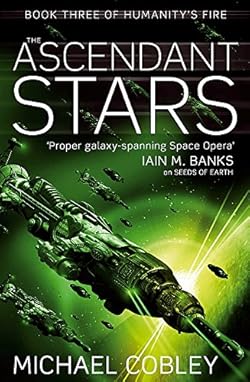The Cruel Stars by John Birmingham
Posted in Reading Reviewed, Science Fiction at 12:00 on 7 December 2022
Head of Zeus, 2020, 489 p. Reviewed for ParSec 3.
Centuries ago a hardline segment of humanity, the Sturm, implacably opposed to genomic interventions, implants and bioware, was defeated and took itself off to far-flung reaches of space. In the interim the majority of humanity – at least its wealthier portions – has become used to relifes, their consciousnesses at intervals being decanted into younger cloned bodies, with neural backups held in case of accidents. Robotic artificial intelligences known as Intellects, each “an impossibly dense tear-drop of exotic matter and nanoscale wormhole processing matrices” perform many tasks. The human domain of the Greater Volume sprawls over the galaxy but even the quickest interstellar travel – carried out by folding space – takes subjective months to span it, though communications, through a zero point wormhole network, are much faster.
Birmingham’s story is told from five main viewpoints. Lieutenant Lucinda Hardy of the Royal Armadalen Navy, newly posted to a spaceship named the Defiant, is a first lifer with a pronounced case of impostor syndrome despite being decorated in her first military action during the Javan War; Frazer McLennan, of Scottish descent, is a veteran of the Terran Defence Force, on his seventh body and lately a prizewinning astroarchaeologist spending his time on the otherwise obscure planet Batavia where the Sturm had once crash-landed a ship; Sephina L’Trel is a kind of pirate whom we first meet in a firefight when her attempt to doublecross a group of Yakuza failed to go to plan; Princess Alessia Szu Suri sur Montanblanc ul Haq is a scion of a powerful family, much resentful of the apparently useless education to which she has been subjected; Corporal Booker 3-212162-930-Infantry is on death row, with a sadist as jailer. Occasional chapters are seen through the mind of Sturm Archon-Admiral Wenbo Strom.
This abundance of viewpoints is a little unwieldy at first as the shifts from one to the other tend to interrupt the flow and invites the question as to how they are all going to come together in the space of one book. The action soon kicks in though as a Sturm attack scrambles the minds of anything and anyone linked to the zero point network while their ships materialise in force.
Only the instant action of the Defiant’s Intellect to isolate itself from the ship’s systems to fight the intrusion saves its company but the commanding officers have been turned into ravening beasts and Lucinda has to take command. She gives orders for everyone to dump their neural mesh, without which the crew are left unconnected and face the risk of truly dying. The dumping involves expelling the mesh into the intestinal tract for removal in the usual way. Sephina barely escapes the Sturm attack with her life but her lover Arianne dies. Princess Alessia’s family is executed. She is captured and forced to cooperate with the Sturm but bravely uses eye-blinks to signal her resistance to the oral message she has to read. McLennan is also taken prisoner. But he and the Sturm have history. Booker brokers his life in return for helping his companions get away from the Sturm but only by having his consciousness decanted into a mechanical war rig. This moving of his consciousness from one machine to another neatly allows Birmingham to sideline the character for a while in an emergency external storage unit (a black box) but it is instrumental in the finale, wherein our heroes attempt to rescue the Princess.
Like the military characters here McLennan’s speech can tend to the earthy but personally it was delightful to see in an SF novel those less extreme but still expressive Scottish words numptie, walloper, dobber, skuddy and munter, (with jobbies perhaps a bit less relishable) but for true verisimilitude McLennan’s, “aren’t I?” really ought to have been, “amn’t I?”
Birmingham’s awareness of SF’s past is alluded to by his employment of the word soylent as a term for basic sustenance, and his alertness to present day concerns by a Sturm soldier’s assertion to McLennan, “But you will not replace us.”
Yet while the Sturm are frequently referred to as Nazis by our heroes, The Cruel Stars suffers from the flaw of most military SF in that the good guys are all but indistinguishable from their opponents in their willingness to resort to violence.
The Cruel Stars is incident packed, well plotted and has some relatable characters but the Sturm have not been beaten and the epilogue seems a bit too crudely designed to draw the reader towards the second of Birmingham’s trilogy.
Pedant’s corner:- a mixture of USian and “gaping maw” (it’s a stomach, not a mouth,) behooves (behoves,) “the chances …. was vanishingly small” (either ‘the chance … was’ or ‘the chances …were’ vanishingly small,) “the conne” (usually spelled ‘con’.) “Sirens and Klaxons sounded” (there’s no need for that capital ‘K’,) skuddy (usually spelled scuddy,) “the series of booms that followed were louder” (the series …was louder,) “that none of the deaed were about to reanimate” (none … was about to,) spit (spat.) “None of them were there by choice” (none of them was there by choice.) “There were a number of personal items” (there was a number.) “With that one convulsive leap he was free” (I couldn’t quite make up my mind if this cliché was exactly that or an ironic nod to the past of periodical fiction.) “Darkly complected” (is complected a proper word? ‘With a dark complexion’ would work fine,) “one ship, broken and venting flames” (venting flames in space? I don’t think so; flames require an oxygen supply to sustain themselves,) “if they try to scuttle the ship” (I would submit you can not scuttle a space ship. Destroy it, yes; scuttle it, no,) “but nae” (this was McLennan; that negative should be ‘but naw’,) “the Cub Scouts” (known in the UK as simply ‘the Cubs’,) “but we dinnae get them all” (didnae.)





